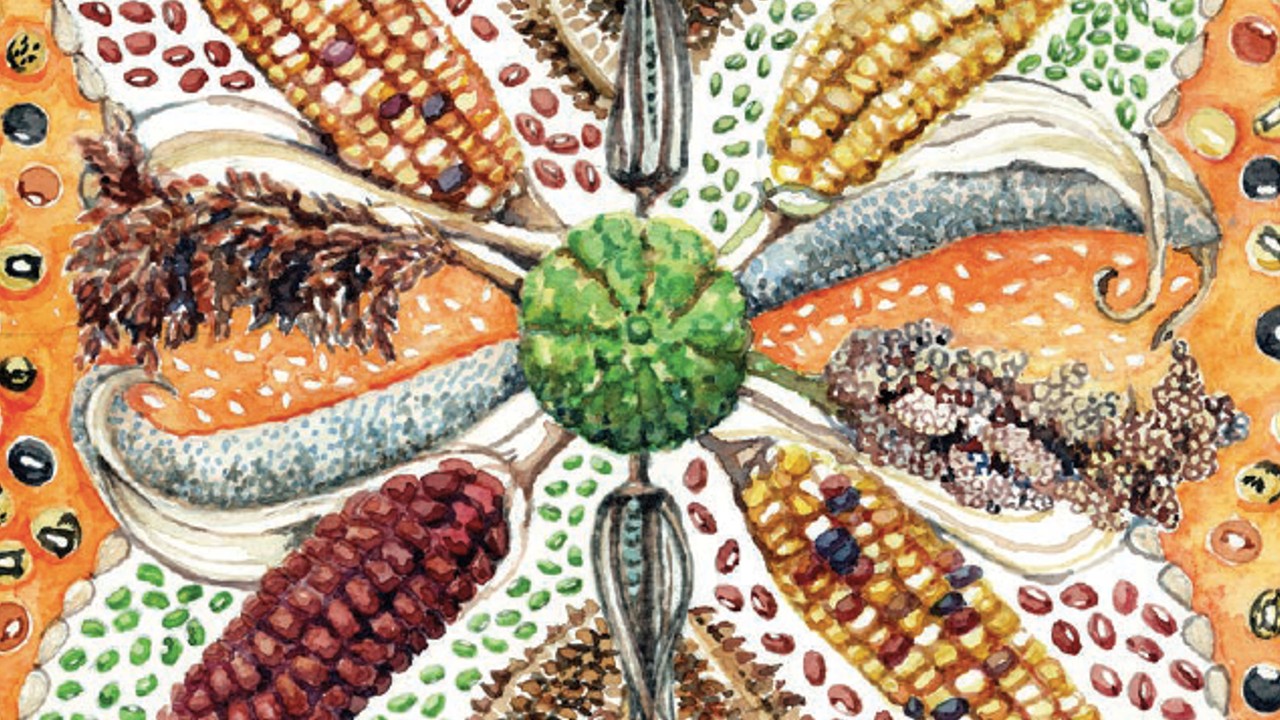Latest Resources

2 June 2016
Integration of small-scale farmers into formal seed production in South Africa
The scoping report looks at key policies, legislation and programmes in SA with an emphasis on seed laws and considers the implications for small- scale farmer involvement in this sector and outlines a few projects on community seed production, indigenous crops and black- owned private sector seed production efforts.

4 May 2016
Changing Seed and Plant Variety Protection Laws in Tanzania – Implications for Farmer-Manag...
Seed legislation is under review in Tanzania with a view to changing this in order to further expand the role of the private sector in the commercial seed sector. This law reform is mainly targeted at the seed marketing laws (Seed Act of 2003 and its regulations of 2007) and revision of its Plant Breeder’s […]

18 April 2016
Zimbabwean smallholder support at the crossroads: Diminishing returns from Green Revolution seed ...
This scoping report is published jointly by the African Centre for Biodiversity (ACB and the Zimbabwe Small-Scale Organic Farmers’ Forum (ZIMSOFF). The report focuses on government and donor farm input subsidy programmes (FISPs) and seed aid in facilitating the spread of Green Revolution technologies and raises questions about who really benefits from these programmes. It […]

3 April 2016
The chicanery behind GM non-commercial ‘orphan crops’ and rice for Africa
This paper focuses on research and development (R&D) relevant to non-commercial so-called ‘orphan crops’ in Africa—cassava, sorghum, sweet potato, pigeon pea and millet —as well as one commercial crop, rice. This paper should be read in conjunction with work already produced on GM banana (Schnurr, 2014) and GM cowpea (ACB, 2015). These non- commercial crops […]

9 November 2015
Which way forward for Zambia’s smallholder farmers: Green Revolution input subsidies or agroecology?
In this report, we provide a critique of the Green Revolution Farmer Input Subsidy project in Zambia, looking at its impacts particularly for small holder farmers and their seed systems.

6 July 2015
GM and seed industry eye Africa’s lucrative cowpea seed markets: The political economy of cowpea ...
The African Centre for Biodiversity (ACB) has today released a new report titled, GM and seed industry eye Africa’s lucrative cowpea seed markets: The political economy of cowpea in Nigeria, Burkina Faso, Ghana and Malawi. The report shows a strong interest by the seed industry in commercialising cowpea seed production and distribution in West Africa, […]

11 June 2015
Cottoning onto the lie: GM cotton will harm not help small farmers in Africa
After five seasons of genetically modified (GM) cotton cultivation in Burkina Faso farmers are denouncing their contracts with Monsanto and cotton stakeholders are discussing compensation for losses incurred since 2008 due to low yields and low quality fibre. Many other African governments are poised to follow suit but should note how GM cotton has impoverished […]

4 May 2015
Gates and Monsanto’s Water Efficient Maize for Africa (WEMA) Project
In this report, the ACB interrogates the Gates Foundation and Monsanto’s Water Efficient Maize for Africa (WEMA) project and exposes it to be nothing more than corporate ‘green washing’, designed to ensnare small holder farmers into adopting hybrid and GM maize in order to benefit seed and agro-chemical companies.

2 September 2014
Africa an El Dorado for South Africa’s Agribusiness Giants
South African agribusinesses are aggressively expanding into Africa in search of profits from a relatively untapped consumer market with rising income levels and to escape the country’s negative economic conditions. This paper traces this expansion and outlines the implications for Africa’s market structure, food security and food sovereignty movements, as well as exploring the potential […]

16 June 2014
Slavishly following UPOV 1991: A critique of Mozambique’s PVP law
In this report, the ACB provides a critique of the Mozambique PVP law and concludes that the government of Mozambique has turned a blind eye to its small-scale farmers and their seed and farming systems. The provisions dealing with the exclusive rights granted to plant breeders and the exceptions to those rights render the centuries-old […]
